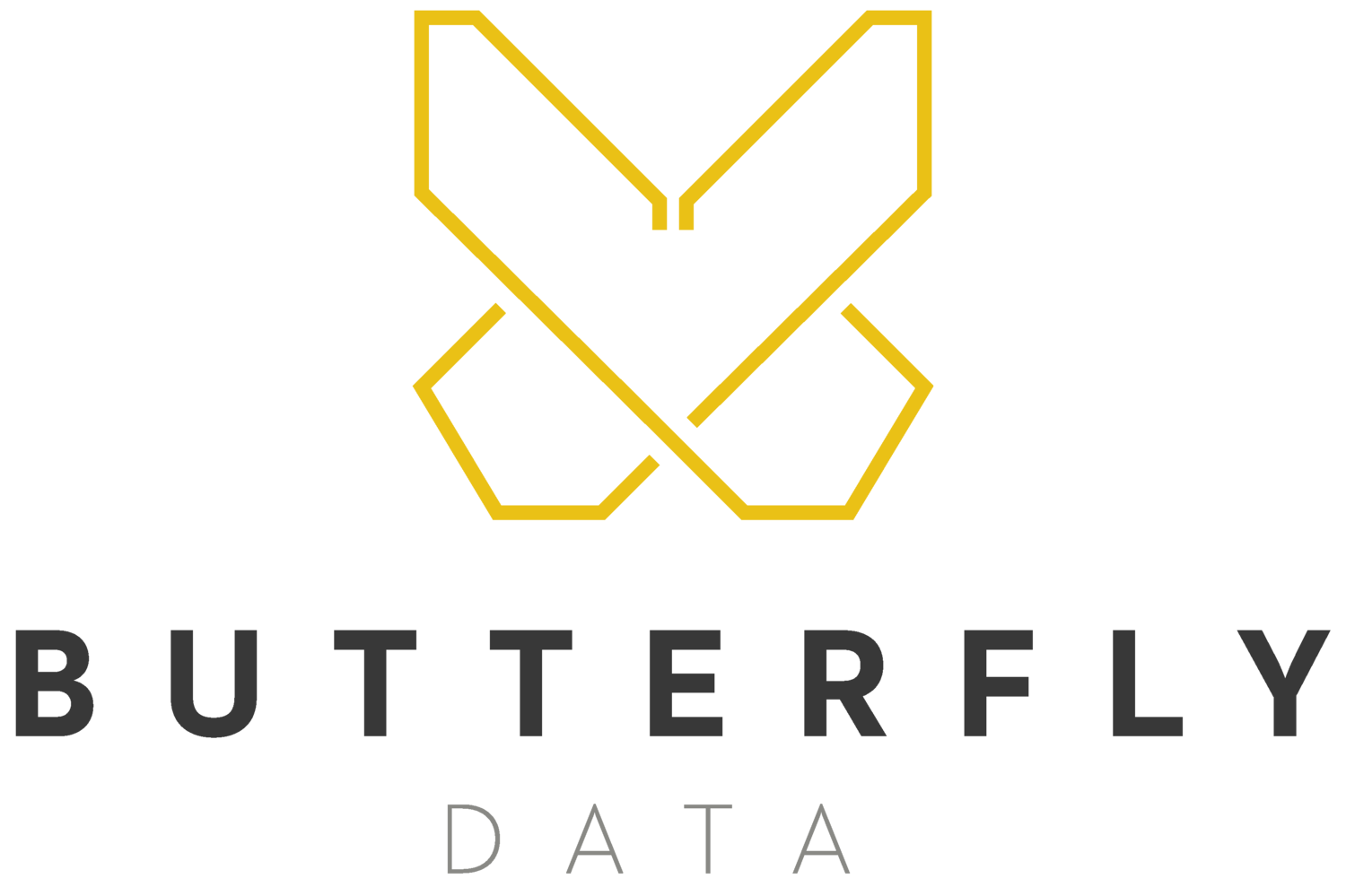When is Training not Training?
One of my pet peeves when working in the education sector was the attitude often taken to training. It would not be uncommon for someone to spend, what often appeared to be, a relaxed day away and then return declaring themselves to have been ‘trained’ on some important subject that was going to revolutionise learning. The rest of us then would eventually need to give up valuable planning time to have them read out the PowerPoint slides from their day away! The great irony of this is that it runs completely contrary to the theories[1] of[2] learning[3] held today.
The question of course is why am I using our company blog to get out my soapbox? Well it is because we’re currently in the process of developing our Butterfly Academy, which is what we’re calling our internal development department. We’ve always been big believers in personal development here at Butterfly. Many of us when starting here, whilst being experienced with handling data, have been new to SAS, so have relied on the excellent training materials[4] SAS makes available to its partners. Not all training is as straightforward and accessible as that though. There are many pitfalls that, if not avoided, result in a lot of time and money being spent on just gaining a few PDF certificates.
Obviously there can be some real value in gaining certification with specific environments, tools, and topics. It can demonstrate capability, awareness of key issues, and a commitment to (worthwhile) industry standards. Where we want to be cautious though is just tearing through course after course and not building on what we are picking up. That is the critical point, those certificates don’t mean anything if it was 18 months ago you last used the tool and, only then, in a very directed manner.
Many people will probably be familiar with the, now debunked[5], 10,000 rule Malcolm Gladwell came up with in Outliers[6]. As with all popular but wrong ideas, there’s a kernel of truth to it - the very obvious one here being that ‘practice makes perfect’. I am a big believer in that. I believe when trying to learn a new skill or understand a topic, there will eventually be a tipping point where awareness and comprehension will flip over into ability and application. A skill can be used to solve a complex problem and understood ideas can be applied to a difficult scenario. So our aim with the Butterfly Academy is to ensure that when we spend valuable resources on training, it is always driving us forward - so we become better and more capable when working with our clients.
2 https://www.simplypsychology.org/bruner.html
3 https://www.exceptionallives.org/blog/scaffolding-in-teaching-a-simple-explanation
4 https://support.sas.com/edu/schedules.html?ctry=gb&crs=PROG1#s1=1
5 https://www.bbc.com/future/article/20121114-gladwells-10000-hour-rule-myth
6 https://www.amazon.co.uk/Outliers-Story-Success-Malcolm-Gladwell/dp/0141036257


